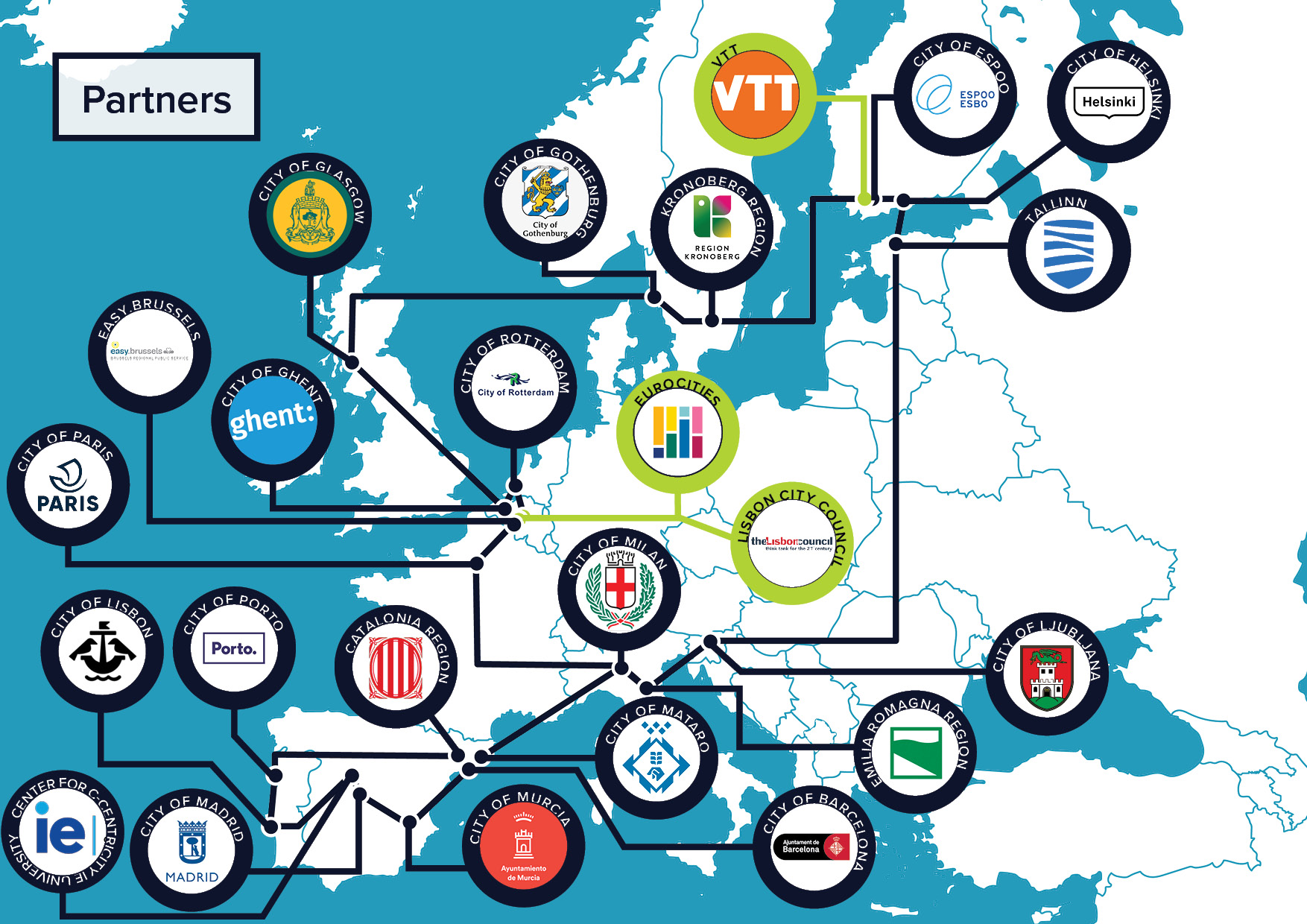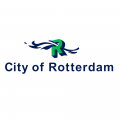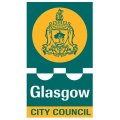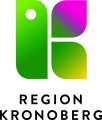Local authorities play a fundamental role in digital government service delivery, they are the front office of government as a whole and the first way citizens experience digital services. But the role of local authorities in implementing user-centricity principles, design thinking, and co-creation is not sufficiently recognised, and they lack the fundamental tools to implement user-centricity at scale.
The principles for user-centricity, agreed upon in The 2017 Tallinn Declaration on Digital Government, remain quite generic and there is no guidance on what they mean in practice. Additionally, local authorities, contrarily to countries, lack the necessary data to compare their performance against that of others.
UserCentriCities is a Horizon 2020 project that started in December 2020. Led by the Lisbon Council in partnership with Eurocities and VTT Technical Research Centre of Finland, it brings together 26 European municipalities and regions; the founding partners – Espoo, Milan, Murcia, Rotterdam, Tallinn and Emilia Romagna – and participating cities and regions: Arezzo, Barcelona, Catalonia Region, Brussels Capital Region, Ghent, Glasgow, Gothenburg, Helsinki, Kronoberg Region, Kyiv, Lisbon, Ljubljana, Madrid, Mataró, Olesa de Montserrat, Paris, Porto, Riga, Terrassa and Utrecht.

UserCentriCities will build a platform for local authorities to help them assess and compare their performance with their peers, and to launch a European community of decision-makers that share experience, knowledge and lessons learnt about how to implement user-centricity. At the same time, the project will serve to confirm and recognise the importance of local government in delivering digital government.
Concretely the project will:
- reinforce local-EU collaboration through the operationalisation of the Tallinn Declaration to fit the needs and challenges of the local government and citizens and the preparation of high-level policy briefs and events bringing together EU and local decision-makers,
- provide an online benchmarking dashboard to compare the performance of cities on user-centricity,
- support local authorities in delivering user-centricity through the provision of a support toolkit and mutual learning service for bench learning from others, and
- reach out to a large number of local entities in order to achieve a durable impact over time beyond the duration of the project.
To know more about UserCentriCities check out the interactive leaflet here.



















